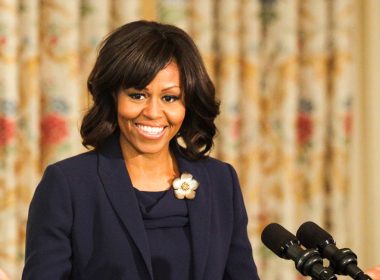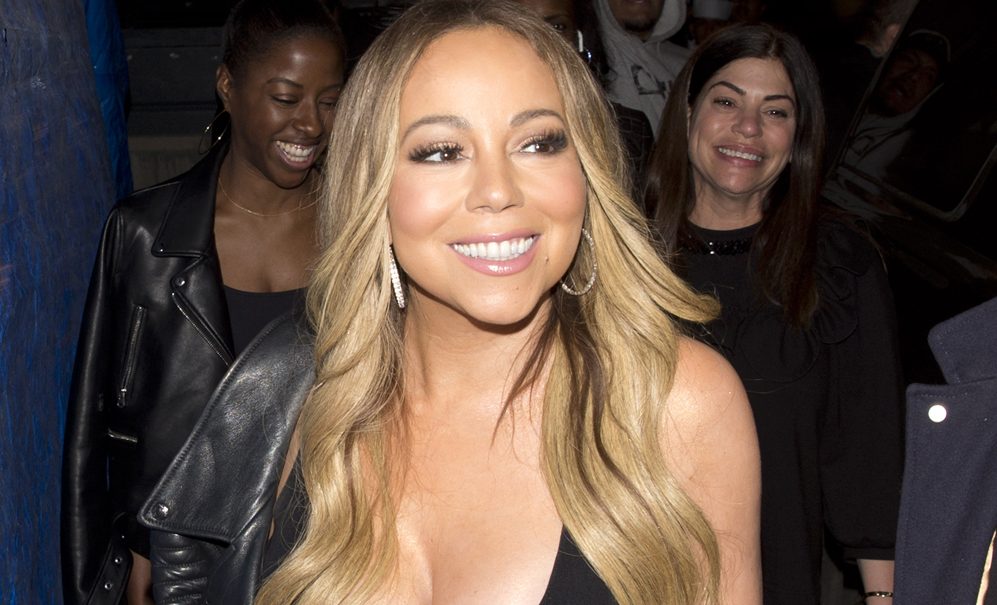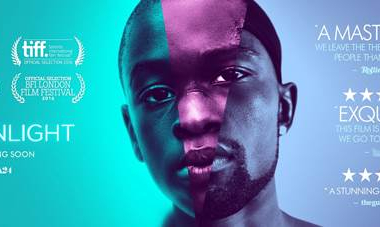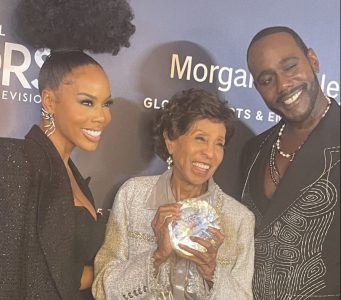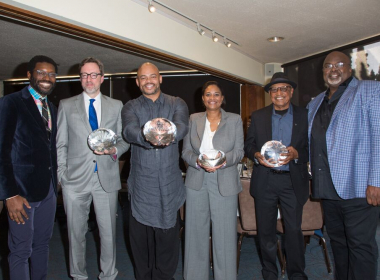
In recent news, several actors from the Black Hollywood community formed an alliance to boycott the 2016 Academy Awards. At the forefront of the call to action was Jada Pinkett Smith’s plea for African Americans not to participate or attend this year’s ceremony. While Pinkett Smith continues to raise her voice against discrimination in Hollywood, other industry peers don’t understand the point of fighting for the White man’s co-sign. This is the primary reason the NAACP Image Awards and Trumpet Awards play such a significant role in African American culture. These platforms were created to highlight the Black excellence that goes unnoticed year after year by mainstream media. Let’s not forget the African American Film Critics Association, which orchestrates the AAFCA awards that is considered a successor to the fabled Black Oscar dinners from a few decades back. The AAFCA has blossomed into a must-attend event over the past seven years. The A-list award show was founded in 2003 and is currently run by Gil Robertson. The association not only produces the award show, but has also taken a year-round role in producing programs that promote both diversity and inclusion in Hollywood. This year’s show is set for 8 p.m. on Feb. 10, 2016, at the Taglyan Complex in Hollywood, California.
Robertson recently weighed in on the recent controversy, shared his thoughts on Stacey Dash’s comments, and explained why the AAFCA is needed for Black actors.
When you hear or read about the lack of diversity in Hollywood, does it only apply to Blacks?
Oh God, no. Hollywood has a real problem with people of color that mirrors larger American society. From the casting of a clearly White actress to play a part-Asian woman in Aloha, to hiring British actors to play Egyptians in Exodus: Gods and Kings, Hollywood demonstrates with its actions that people of color don’t represent the same value to the industry as White people. The Fast and Furious franchise has been built with a multiculturalism cast, but despite its success, Hollywood has yet to copycat its formula. So, it’s a big systemic problem that we’re going to have to force to see changed.
How does AAFCA address diversity in Hollywood? What is its impact?
With our programming. We maintain a yearlong schedule of partnerships with other professional groups in Hollywood with whom we work to push forward the practice of diversity and inclusion. We also produce several events throughout the year that bring African American professionals together to create opportunities. So far, the impact of our programming has produced a lot of positive outcomes for the professional and creative communities that we serve. As we move forward, we plan to continue to expand the scope of our influence within Hollywood, as well as other entertainment capitals like New York and Atlanta.
Stacey Dash recently commented that organizations like BET and the NAACP Image Awards perpetuate the lack of diversity. What do you think of her comments?
Stacey Dash strains credibility and her comments really aren’t worth responding to. BET and the Image Awards and the AAFCA Awards all serve a purpose to celebrate Black excellence. All of these shows are inspiration and provide a lens of positive exposure that is good for the talent that they celebrate and uplift. Dash needs to focus on her own career, rather than the work of others.
Do Blacks in Hollywood have a brand issue?
Yes. Blacks in Hollywood are up against some serious obstacles as they seek to build their careers. You can’t create a brand without opportunities that provide a platforms that allow you to develop your craft and build a following for your work. There are usually only a handful of “Black” projects created each year, so opportunities are limited. If the Blacks in Hollywood want to create a level playing field, then we are going to have to do it ourselves. It’s long overdue that Black people start to invest and support projects that are owned by us and represent the vision we want of ourselves. When you look at the success of Tyler Perry, Will Packer, Ava DuVernay, their road to success started by them investing in their own projects. Now that comes with tremendous sacrifice, but I’m convinced that there is really no other way.
,

